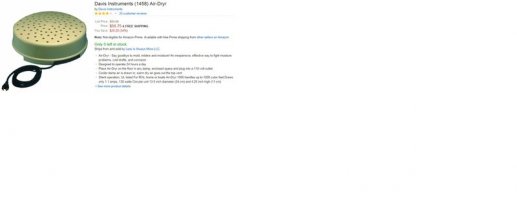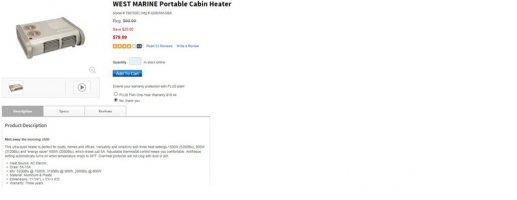Well, it's a new boat for us, but in fact, the boat was built in 1971. If the registration can be believed, it's Hull #4. We are it's new owners and very excited about same. We live in Seattle and the boat is currently in Bellingham for part of the winter. She'll be in the water throughout the winter so I do have some questions about winterizing both the boat and the outboard.
Do I need to drain the two (one was added) water tanks that live under the vberth? There's no holding tank for the head at present so I think that's good. Should I put some antifreeze in the small about of water in the toilet bowl. There's a small amount of water in the bilge. Should I antifreeze that? Sink drain?
As for sails, it has a furling genoa. Should I remove that for the winter? I've never had one of those so I wonder how difficult it is to remove/put back on. How about the mainsail? Do you recommend removing it? How about the dodger? There's no cover for the boat so it will be exposed throughout the winter.
As for the outboard, on our smaller boat, I simply added Stabil to the fuel, run it through and then run out the gas in the carburetor. Is there anything else one would recommend?
I'm happy to be part of the Ericson community and thank you for whatever advice you might have for getting through the winter.
I'm wondering if anyone in the Seattle community would be willing to talk Ericsons live and in-person. Maybe even show us your boat. We're pretty easy going, reliable folk so your safety is assured There could be a dinner involved......
There could be a dinner involved......
Thanks,
Carol
Do I need to drain the two (one was added) water tanks that live under the vberth? There's no holding tank for the head at present so I think that's good. Should I put some antifreeze in the small about of water in the toilet bowl. There's a small amount of water in the bilge. Should I antifreeze that? Sink drain?
As for sails, it has a furling genoa. Should I remove that for the winter? I've never had one of those so I wonder how difficult it is to remove/put back on. How about the mainsail? Do you recommend removing it? How about the dodger? There's no cover for the boat so it will be exposed throughout the winter.
As for the outboard, on our smaller boat, I simply added Stabil to the fuel, run it through and then run out the gas in the carburetor. Is there anything else one would recommend?
I'm happy to be part of the Ericson community and thank you for whatever advice you might have for getting through the winter.
I'm wondering if anyone in the Seattle community would be willing to talk Ericsons live and in-person. Maybe even show us your boat. We're pretty easy going, reliable folk so your safety is assured
Thanks,
Carol



